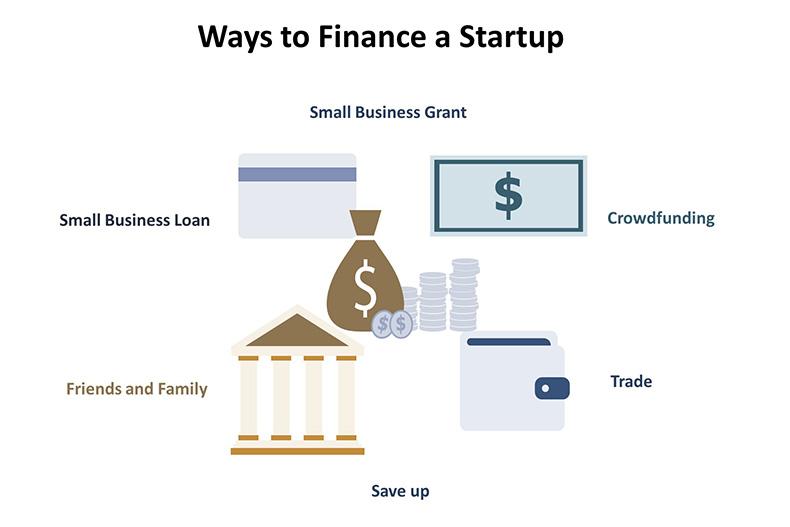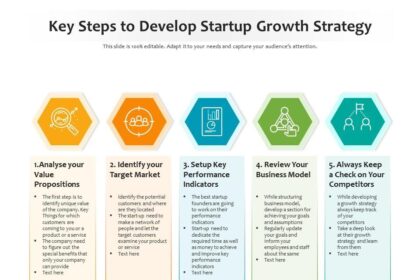In the dynamic realm of entrepreneurship, financial management often stands as the unsung hero of startup success. While innovative ideas and energetic teams capture the spotlight, it is the mastery of startup finances that serves as the foundation for sustainable growth and resilience. Like a finely tuned engine, sound financial strategies drive startups forward, enabling them to navigate the tumultuous waters of market fluctuations, funding challenges, and operational demands. In this article, we delve into the essential strategies for mastering startup finances, illuminating key practices that can empower entrepreneurs to not only survive in competitive landscapes but thrive. Whether you’re a budding founder or an established business leader seeking to refine your financial acumen, these insights will equip you with the tools to build a robust financial framework, paving the way for long-term success. Join us as we explore the intricate balance of budgeting, forecasting, investment, and cash flow management—your blueprint for navigating the financial maze of startup life.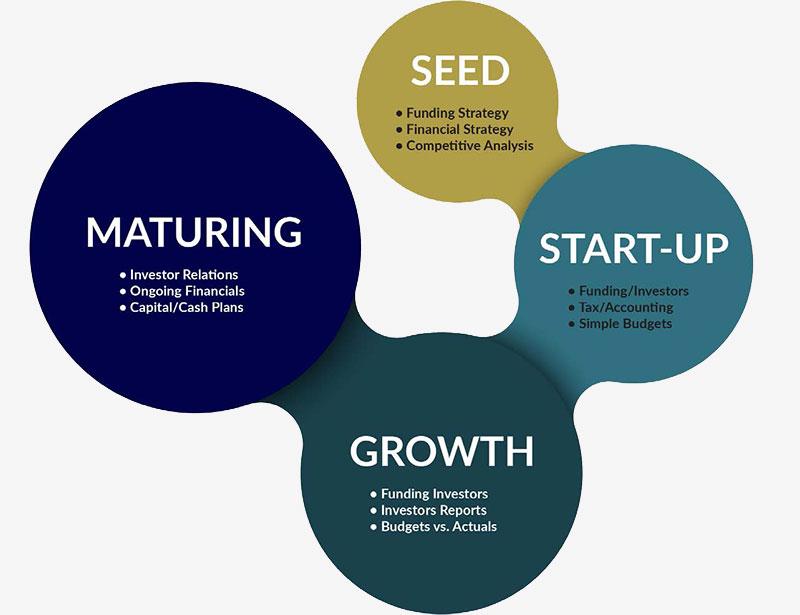
Understanding the Financial Landscape for Startups
Embarking on a startup journey necessitates a keen understanding of the financial landscape, as it plays a pivotal role in shaping the trajectory of your business. Financial planning is crucial; it not only helps in forecasting potential revenues and expenses but also aids in identifying funding requirements. A robust budget ensures that every dollar is accounted for, allowing founders to allocate resources efficiently and respond agilely to unforeseen challenges. Incorporating tools like financial modeling and cash flow analysis can provide valuable insights into operational sustainability and potential growth avenues.
Moreover, navigating the myriad of funding options available can significantly impact a startup’s success. Entrepreneurs should consider exploring different financial avenues including:
- Bootstrapping: Utilizing personal savings to maintain full control over the venture.
- Angel Investors: Attracting early-stage investment from wealthy individuals seeking equity in promising startups.
- Venture Capital: Seeking large investments from firms in exchange for ownership stakes, ideal for businesses with scalable models.
- Crowdfunding: Engaging a community of supporters for funding through platforms like Kickstarter or Indiegogo.
To illustrate the differences in funding types, consider the following table that summarizes key features:
| Funding Type | Control | Risk Level | Potential Return |
|---|---|---|---|
| Bootstrapping | High | Low | Variable |
| Angel Investors | Moderate | Medium | High |
| Venture Capital | Low | High | Very High |
| Crowdfunding | High | Medium | Variable |
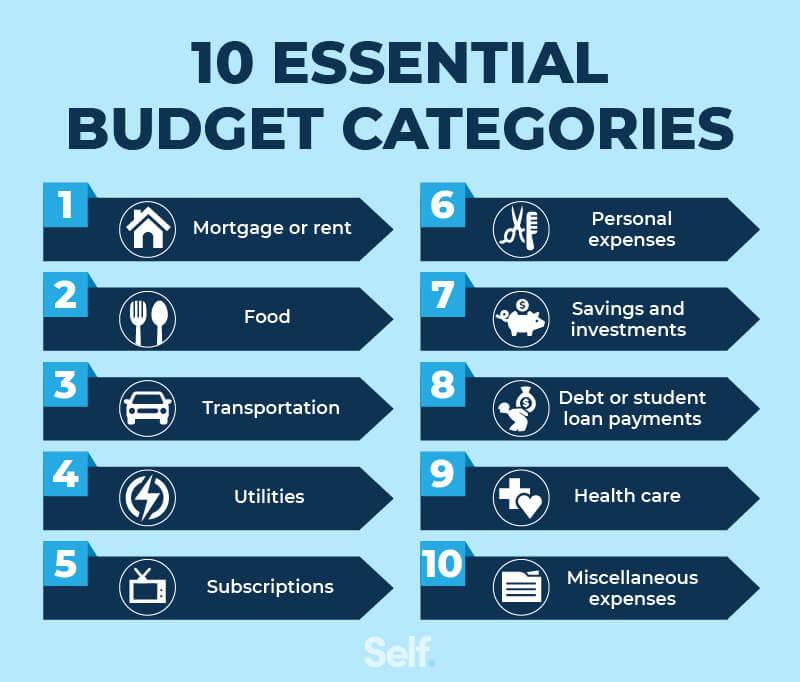
Budgeting Essentials: Crafting a Roadmap for Growth
Creating a well-structured budget is not merely a necessity for keeping track of expenses; it is a dynamic blueprint for your startup’s financial trajectory. A robust budget allows entrepreneurs to identify funding gaps, anticipate cash flow challenges, and make informed decisions about investments and expenditures. Start by categorizing your expenses into fixed and variable costs. Fixed costs might include rent and salaries, while variable costs could encompass marketing and supplies. This delineation helps you pinpoint where you can cut back in lean times or where extra investment could yield substantial returns.
To truly craft a roadmap for sustainable growth, consider employing a zero-based budgeting approach. This strategy compels you to justify every expense anew, rather than assuming prior budgets as a baseline. By enforcing discipline in financial planning, you promote a culture of resourcefulness within your startup. Regularly revisiting and adjusting your financial forecast based on real-world performance is essential. An added tip is to implement a tracking system, which could range from a simple spreadsheet to sophisticated financial software. Here’s a quick breakdown of budgeting components you might include:
| Component | Description |
|---|---|
| Revenue Forecasting | Estimating income based on sales projections and market analysis. |
| Expense Categories | Organizing fixed and variable costs for clearer oversight. |
| Cash Flow Management | Monitoring inflows and outflows to avoid cash shortages. |
| Contingency Funds | Allocating funds for unexpected expenses or downturns. |
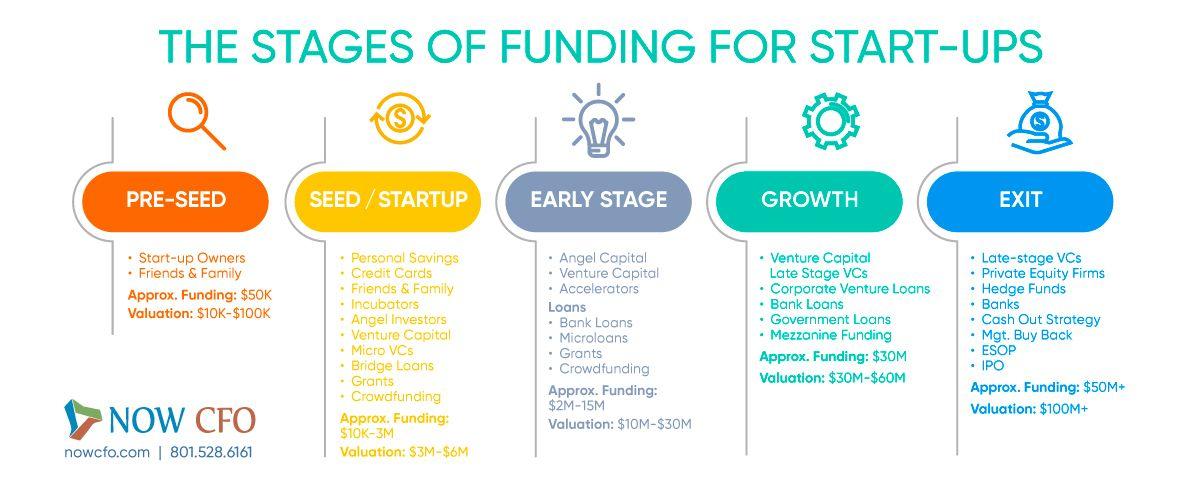
Navigating Funding Options: Choosing the Right Path for Your Startup
When embarking on your startup journey, choosing the right funding source is crucial to your success. Different paths can either propel your startup forward or hinder your progress. Explore bootstrapping to maintain complete control over your business, or consider capital-for-startups/” title=”Fueling Innovation: A Guide to Venture Capital for Startups”>angel investors, who often bring not only capital but also valuable expertise and networking opportunities. Alternative options like crowdfunding can help you gauge market interest early on while engaging potential customers directly. Each funding method has its unique set of advantages and challenges, so carefully evaluate how they align with your startup’s vision and growth trajectory.
To further simplify your decision-making process, here’s a table highlighting key features of various funding options:
| Funding Option | Control | Speed of Funding | Suitable For |
|---|---|---|---|
| Bootstrapping | High | Slow | Self-sustaining Startups |
| Angel Investors | Moderate | Fast | High-Potential Ventures |
| Crowdfunding | High | Variable | Consumer-Driven Projects |
| Venture Capital | Low | Fast | Scaling Startups |
Determining the right path also depends on your startup’s stage and industry. Seek advice from mentors and peers who have navigated these waters before you. Engaging with financial experts can provide insights tailored to your specific situation. By understanding each funding option’s implications, you can better equip yourself to make informed choices that align with your long-term goals.

Optimizing Financial Management: Tools and Techniques for Success
Effective financial management is integral to the success of any startup. By leveraging the right tools and techniques, entrepreneurs can make informed decisions that help navigate the often volatile landscape of business. Implementing comprehensive accounting software not only aids in tracking expenses and revenue but also allows for real-time financial analysis. Consider incorporating the following resources:
- Cloud Accounting Software – Solutions like QuickBooks or Xero offer accessibility and ease of use.
- Budgeting Tools – Utilize platforms like Mint or YNAB to plan expenditures wisely and maintain cash flow.
- Financial Dashboards – Tools such as Klipfolio provide visual analytics that simplify complex data.
Moreover, employing specific techniques can further enhance financial oversight and strategic planning. Regularly reviewing financial statements, establishing key performance indicators (KPIs), and conducting scenario analyses promote a proactive rather than reactive approach. Establishing a monthly financial review process can assist teams in identifying trends and potential issues early on:
| Financial Review Activity | Frequency | Benefit |
|---|---|---|
| Review Profit and Loss Statements | Monthly | Identifies financial health |
| Cash Flow Analysis | Weekly | Maintains liquidity |
| Debt Management Assessment | Quarterly | Minimizes financial risk |
Key Takeaways
navigating the intricate landscape of startup finances is not merely a challenge but an opportunity. By employing the strategies outlined in this article—meticulously tracking cash flow, fostering investor relationships, and understanding your financial metrics—you equip your venture with the tools it needs to thrive in a competitive environment. Remember, mastering your financial narrative is akin to steering a ship through uncharted waters; it requires vigilance, adaptability, and a keen eye for potential storms on the horizon. As you embark on this journey, may you blend creativity with pragmatism, crafting a financial story that not only propels your startup to success but also inspires others along the way. Here’s to your financial mastery and the exciting path ahead!


